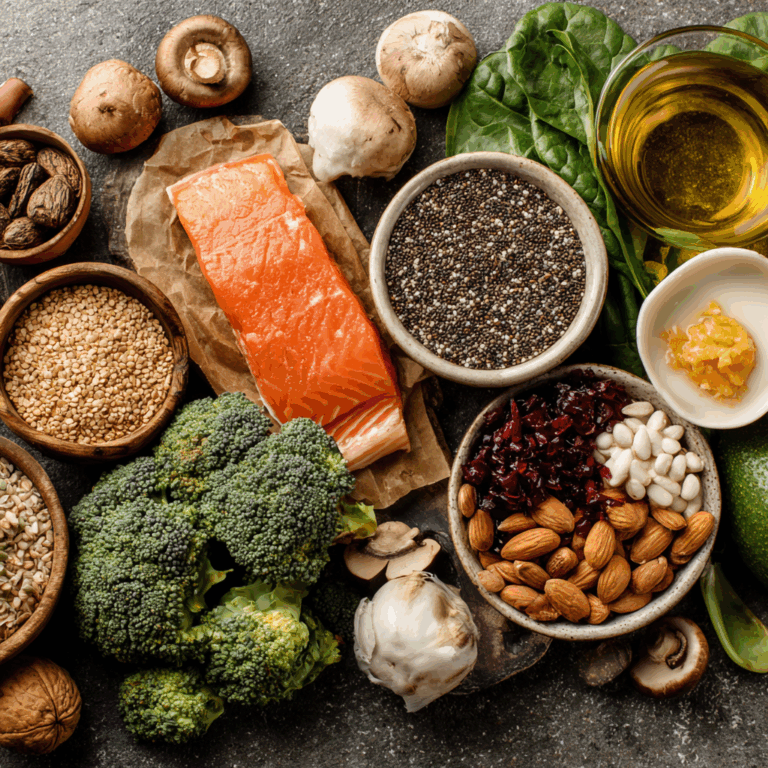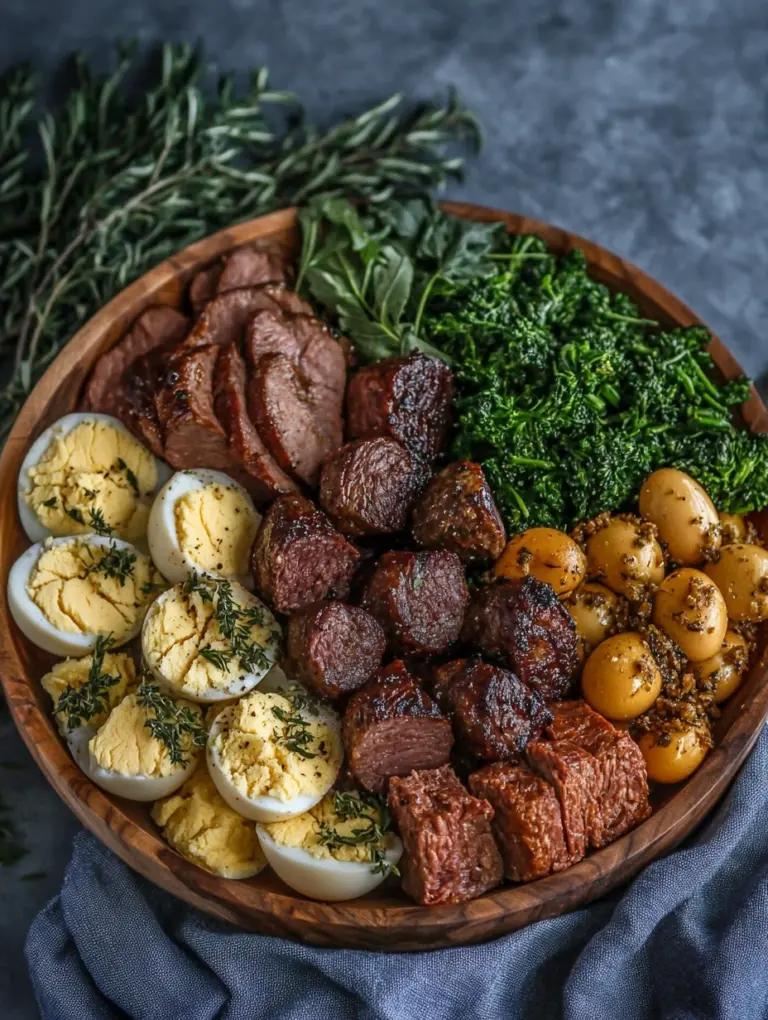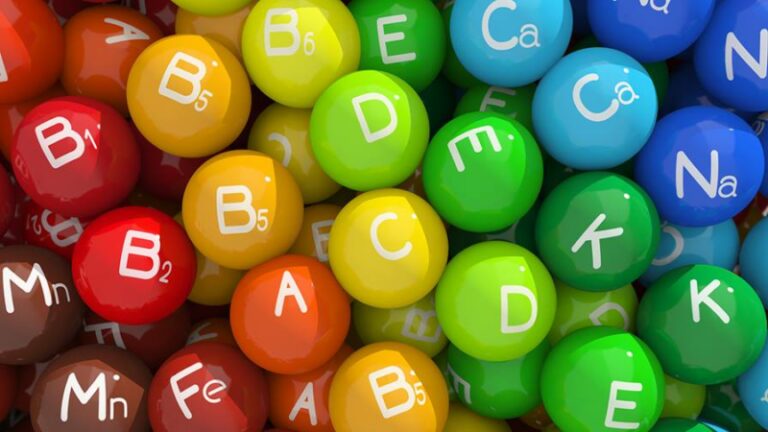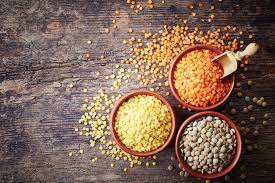Essential Guide to the Vegetarian Diet for Over 50s: Nutrition Tips
The Good and Bad of a Vegetarian Diet for over…
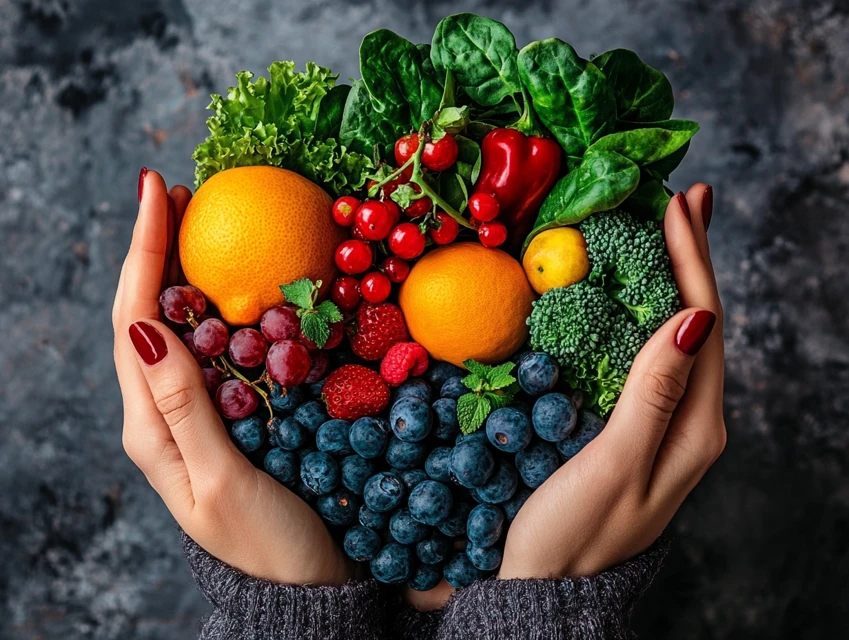
The Good and Bad of a Vegetarian Diet for over 50s
Plant based diets have come a long way from being a niche lifestyle choice to something you’re just as likely to hear about at a dinner party as the latest Netflix series. Whether it’s for health, ethical reasons, or saving the planet, more people are ditching meat and embracing plants.
But let’s be real – every diet has its pros and cons.
In this post, I’ll share some of the highs and lows of going vegetarian, foods to embrace (and maybe avoid), and even a sneak peek at vegetarian dishes you can find in most restaurants.
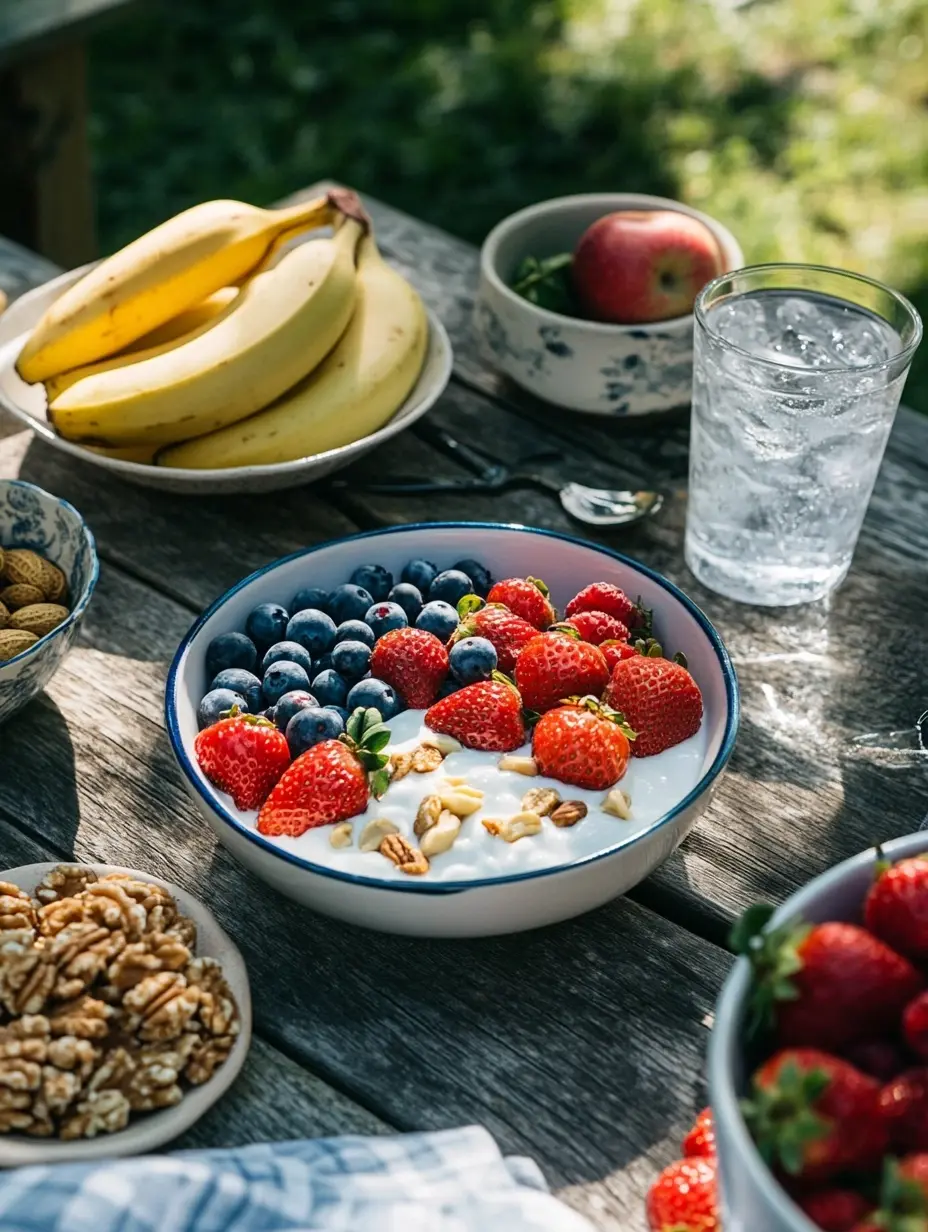
The Positives of a Vegetarian Diet
Numerous Health Benefits You’ll Love
- Nutrient Powerhouse: Fruits, veggies, whole grains, nuts, seeds, dairy products, legumes, and lacto ovo vegetarian diets are all-stars when it comes to vitamins, minerals, fibre, and antioxidants. Dairy foods are particularly important for bone health, providing essential calcium and vitamin D, which are crucial for preventing osteoporosis and maintaining bone density, especially in older women. Honestly, your body will thank you for the upgrade.
- Happy Heart: Research shows vegetarians often have lower blood pressure and cholesterol levels.
- Less risk of heart disease? Yes, please! A vegetarian diet supports heart health by reducing saturated fats commonly found in meat.
- Weight-Friendly: Many plant-based foods are naturally lower in calories. Paired with mindful portions, this can make weight management a breeze.
- Maintaining a healthy weight is one of the numerous health benefits of a vegetarian or vegan diet.
- Lower Risk of Chronic Illness: A veggie-packed diet has been linked to reduced risks of diabetes, certain cancers, and improved digestion – fibre for the win!
- This balanced plant-based diet promotes optimal health while preventing chronic disease.
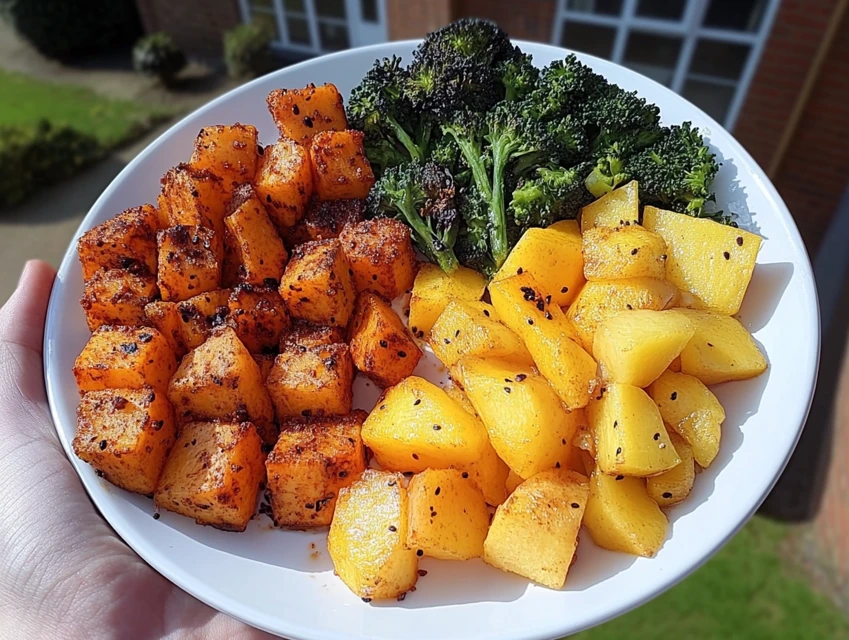
Ethical and Environmental Wins
- Animal Kindness: Let’s face it, reducing animal suffering is a big reason people go vegetarian. It feels good to align your plate with your values.
- Eco-Conscious Living: Plant-based eating uses fewer resources and has a lighter carbon footprint compared to animal agriculture. Small changes, big impact.
Culinary Creativity
Going vegetarian invites you to explore cuisines from around the world. From Indian curries to Mediterranean mezze, you’ll never be short on flavour.
Plus, it’s a chance to rediscover ingredients you might’ve overlooked before.
Have you tried roasted cauliflower steaks or jackfruit tacos? These innovative dishes show just how exciting plant-based eating can be.
The Challenges of a Vegetarian Diet
Nutritional Hurdles: Adequate Protein Intake
- Protein Concerns: It’s not as tricky as it seems, but you’ll need to rely on foods like lentils, tofu, tempeh, and quinoa. Adequate protein intake is essential to prevent muscle mass loss and support bone health.
- Vitamin B12: This one’s a bit of a headache since it’s mostly found in animal products. However, vegan diets can be nutritionally adequate with proper planning. Fortified foods or supplements can save the day, ensuring you meet dietary reference intakes for this crucial vitamin.
- Iron and Zinc: Plant-based sources like spinach and lentils are great, but they’re not absorbed as easily as animal sources. Pair them with vitamin C for a boost.
- Omega-3 Fatty Acids: These brain-and-heart-friendly fats are tougher to get without fish, but flaxseeds, chia seeds, and walnuts can help fill the gap. Algae-based supplements rich in EPA and DHA are another great option for those on a vegetarian or vegan diet.
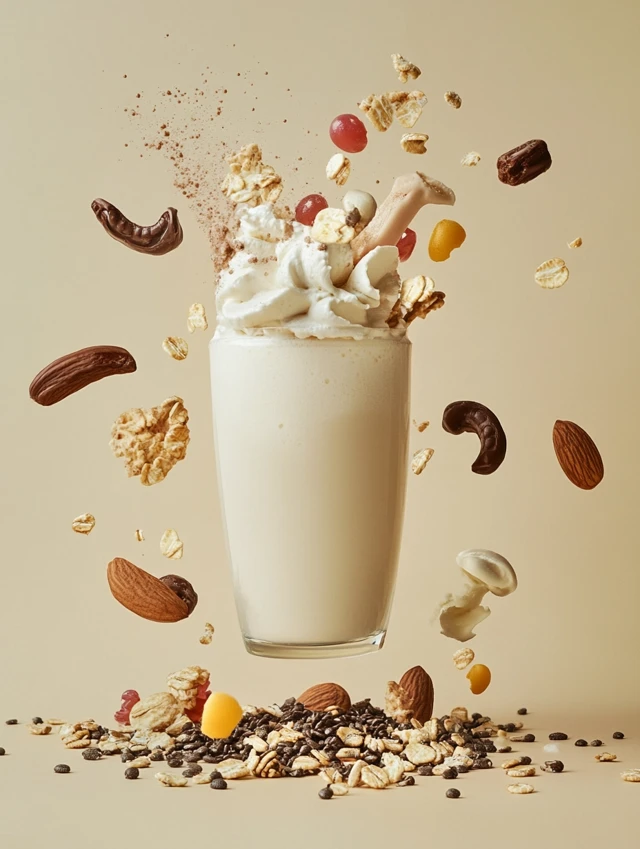
Protein Needs
A well-planned vegetarian diet can provide all the necessary protein for optimal health, even for those over 50. Protein is essential for building and repairing tissues, including muscles, bones, and organs.
The recommended daily intake of protein varies based on age, sex, weight, and activity level. Generally, the recommended dietary allowance (RDA) for protein is 0.8 grams per kilogram of body weight per day.
For example, a 60-year-old woman who weighs 150 pounds (68 kilograms) would need about 54 grams of protein per day.
Vegetarian sources of protein include legumes (such as beans, lentils, and peas), nuts, seeds, whole grains, and soy products.
It’s essential to consume a variety of protein sources to ensure you get all the essential amino acids your body needs.
Additionally, combining different plant-based protein sources can provide all the necessary amino acids. For instance, pairing whole grains with legumes or nuts with seeds can create a complete protein profile, ensuring your body gets what it needs to thrive.
Bone Health on a Vegetarian Diet
Maintaining bone health is crucial, especially as we age, and a well-planned vegetarian diet can support this. Calcium and vitamin D are key players in building and maintaining strong bones.
Vegetarian sources of calcium include fortified plant milk, dark leafy greens, and tofu. Vitamin D can be obtained through sun exposure, supplements, or fortified foods.
Adequate protein intake is also essential for bone health, as it helps maintain muscle mass and bone density. Additionally, a diet rich in fruits and vegetables can provide essential nutrients, such as potassium, magnesium, and vitamin K, which support bone health.
By paying attention to these nutrients, you can ensure your bones stay strong and healthy on a vegetarian diet.
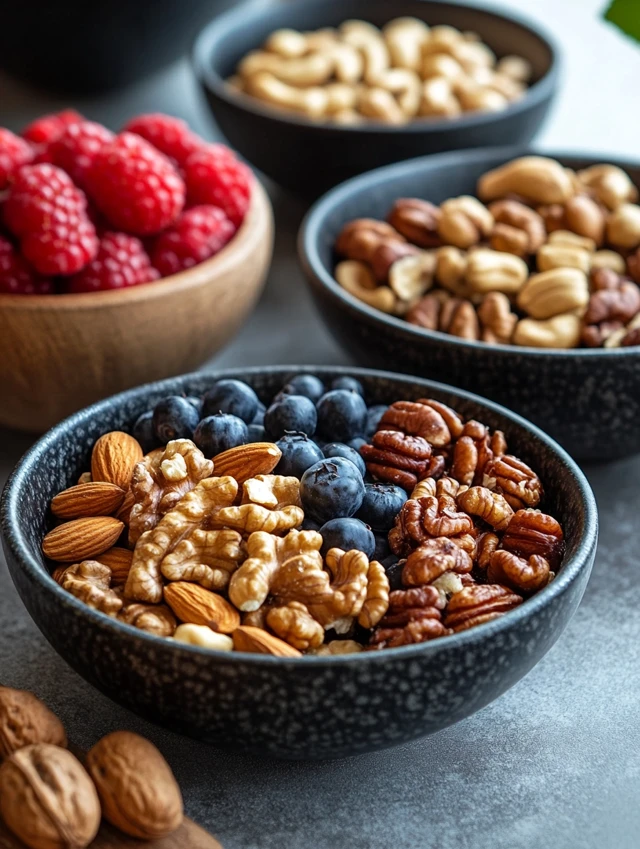
Omega-3 Fatty Acids and Vitamin B12
Omega-3 fatty acids are essential for heart health, brain function, and reducing inflammation. While plant-based sources of omega-3s, such as flaxseed and chia seeds, are available, they are not as easily absorbed by the body as the omega-3s found in fish and other animal products.
Vegetarians and vegans may need to consider supplements or fortified foods to meet their omega-3 needs.
Vitamin B12 is crucial for energy metabolism, nerve function, and the formation of red blood cells. Vegetarians and vegans are at risk of vitamin B12 deficiency, as it is primarily found in animal products. Fortified plant milk, cereals, and meat substitutes can provide vitamin B12, but supplements may be necessary to meet daily needs.
Ensuring you get enough of these nutrients can help you maintain optimal health on a vegetarian or vegan diet.
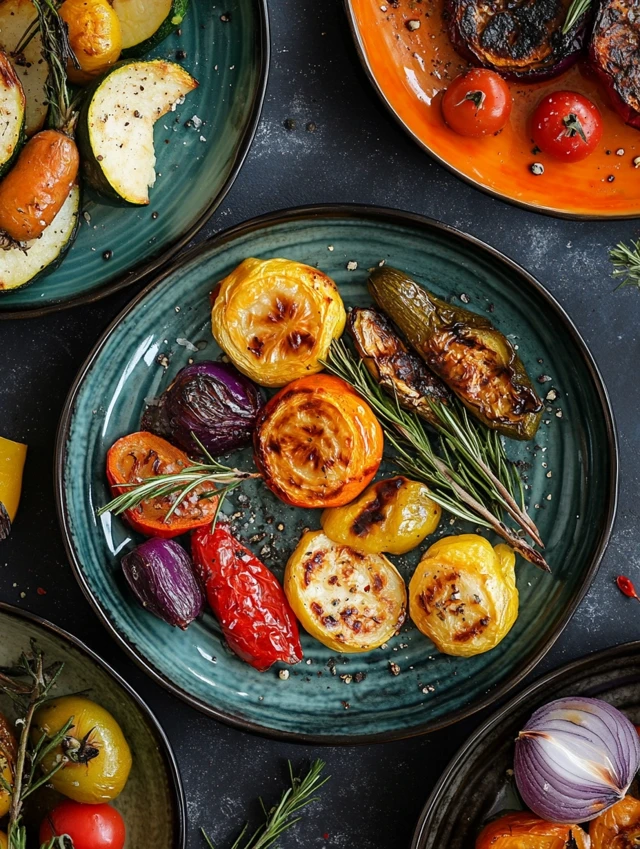
Social and Cultural Speed Bumps
- Dining Dilemmas: Ever been to a BBQ where your only option was a sad iceberg lettuce salad? Navigating social events can be tricky. However, more restaurants and hosts are getting creative with vegetarian-friendly dishes, so don’t hesitate to ask for options.
- Cultural Challenges: In some communities, vegetarianism is misunderstood or even frowned upon. Explaining your choice can get exhausting, but leading by example often sparks curiosity and open-mindedness.
Side Effects Worth Mentioning
- Digestive Drama: Upping your fiber game too quickly might lead to bloating or gas. Go slow and drink plenty of water.
- Energy Dips: Skimping on protein, iron, or B12 can leave you feeling wiped out. Vegetarian or vegan diets can meet the nutritional needs of aging women, but balance is everything.
- Weight Surprises: Processed vegetarian foods and carb-heavy meals can sneakily lead to weight gain if you’re not careful. While vegetarian diets have numerous potential health benefits, a poorly planned vegan diet might fall short on key nutrients involved in energy and metabolism.
- Cravings: For some, the transition can bring unexpected cravings for familiar flavors. Exploring plant-based alternatives like smoked tofu or mushroom-based “meats” can help satisfy those cravings.

Menopause and a Vegan Diet
A well-planned vegan diet can support women’s health during menopause. Rich in fruits, vegetables, whole grains, and legumes, a vegan diet can provide essential nutrients, such as calcium, vitamin D, and omega-3 fatty acids.
Additionally, a vegan diet can help manage menopause symptoms, such as hot flashes and night sweats.
Supporting bone health during menopause is crucial, and a vegan diet can help with this by providing calcium and vitamin D. However, it’s essential to pay attention to protein intake, as it can help maintain muscle mass and bone density.
A vegan diet can also provide essential nutrients, such as vitamin B12, which is crucial for energy metabolism and nerve function. By focusing on these nutrients, you can navigate menopause with greater ease and comfort.
Muscle Loss and Slowed Metabolism
As we age, muscle loss and slowed metabolism can occur, but a well-planned vegetarian diet can help mitigate these effects. Adequate protein intake is essential for maintaining muscle mass, and a diet rich in fruits, vegetables, and whole grains can provide essential nutrients, such as vitamin D and calcium, which support bone health.
Regular exercise, including strength training and aerobic exercise, can also help maintain muscle mass and bone density. Additionally, a diet rich in healthy fats, such as nuts and seeds, can support heart health and provide essential nutrients.
By combining a balanced vegetarian diet with regular physical activity, you can maintain a healthy weight and support overall well-being as you age.

Foods to Include and Avoid
Foods to Embrace
- Proteins: Lentils, chickpeas, tofu, tempeh, edamame, quinoa, nuts, seeds, and dairy foods. Choose protein-dense foods to maintain muscle and bone mass.
- Veggies: Leafy greens, broccoli, carrots, sweet potatoes – the more colorful your plate, the better. Antioxidant-rich foods, like dark leafy greens, promote immune function and overall health.
- Whole Grains: Brown rice, oats, barley, and whole wheat bread. Yes, carbs can be your friend. Whole grains are nutrient-dense foods that support healthy body weight.
- Healthy Fats: Avocados, olive oil, and nut butters are delicious and good for you.
- Fermented Foods: Foods like kimchi, sauerkraut, and miso not only add flavor but also promote gut health.
Processed Foods to Watch Out For
- Overly Processed Veggie Foods: Mock meats and veggie snacks can be loaded with sodium and preservatives. Limit processed foods to maintain the numerous health benefits of a vegetarian diet.
- Sugary Treats: Just because it’s vegetarian doesn’t mean it’s healthy. Moderation is key.
- Refined Carbs: White bread and sugary cereals don’t do much for your health.
- Excessive Dairy or Soy: While these are great options in moderation, over-relying on them can lead to imbalances or sensitivities. Opt for other calcium-rich foods like fortified plant milks.
Typical Vegetarian Dishes You’ll Find at Restaurants
Whether you’re eating out with friends or trying something new, these dishes are usually on the menu:
- Appetizers: Hummus and pita, veggie spring rolls, or Caprese salad. Adding guacamole or roasted veggie dips to the mix can make appetizers even more exciting.
- Mains:
- Italian: Margherita pizza, pasta primavera.
- Indian: Paneer tikka masala, vegetable biryani, or aloo gobi.
- Asian: Stir-fried veggies with tofu, sushi rolls with avocado, or ramen bowls with miso broth.
- Mexican: Veggie tacos, bean enchiladas, or fajitas loaded with grilled veggies.
- Mediterranean: Falafel wraps, stuffed grape leaves, or moussaka.
- Desserts: Sorbet, fruit platters, or cheesecake (if dairy is on your menu). Don’t overlook vegan chocolate mousse made with avocado – it’s a game-changer.
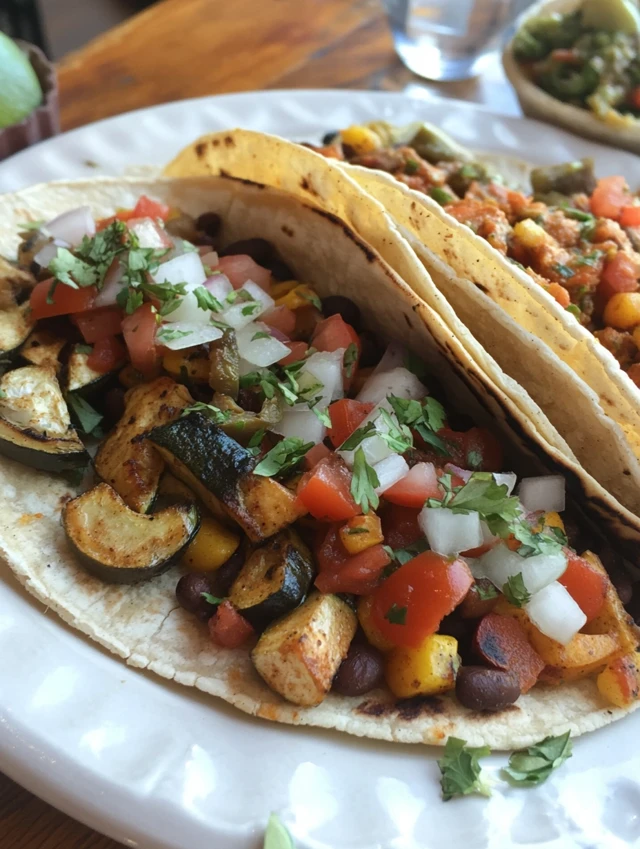
Tips for Thriving on a Vegetarian Diet
- Plan Your Meals: Balance proteins, carbs, and fats to stay energized. Plant based diets can help achieve this balance, ensuring you get adequate nutrients from a variety of sources.
- Experiment with Recipes: Discover global flavours – you might just find a new favourite. Try Indian dosas, Thai curries, or Middle Eastern shakshuka. Vegetarian diets have been linked to health benefits for older women, including a 9% reduction in all-cause mortality according to the Adventist Health Study-2.
- Consider Supplements: B12, iron, and omega-3s are worth the investment. Marine algae supplements can provide EPA and DHA.
- Stay Hydrated: Fibre needs water to do its job properly.
- Read Labels: Watch out for hidden additives in packaged foods.
- Join a Community: Whether it’s online or in person, connecting with other vegetarians can provide support, ideas, and inspiration.
Final Thoughts
A vegetarian diet can be incredibly rewarding, but like anything worth doing, it takes a bit of effort. With a little planning, some adventurous cooking, and maybe a supplement or two, you can enjoy all the benefits while sidestepping the pitfalls. Plus, there’s something satisfying about knowing your plate is doing good for your health, animals, and the planet.
So, why not give it a shot?
Even small changes can make a big difference.
Let me know – have you ever considered going vegetarian, or are you already on the journey?
I’d love to hear your thoughts!



